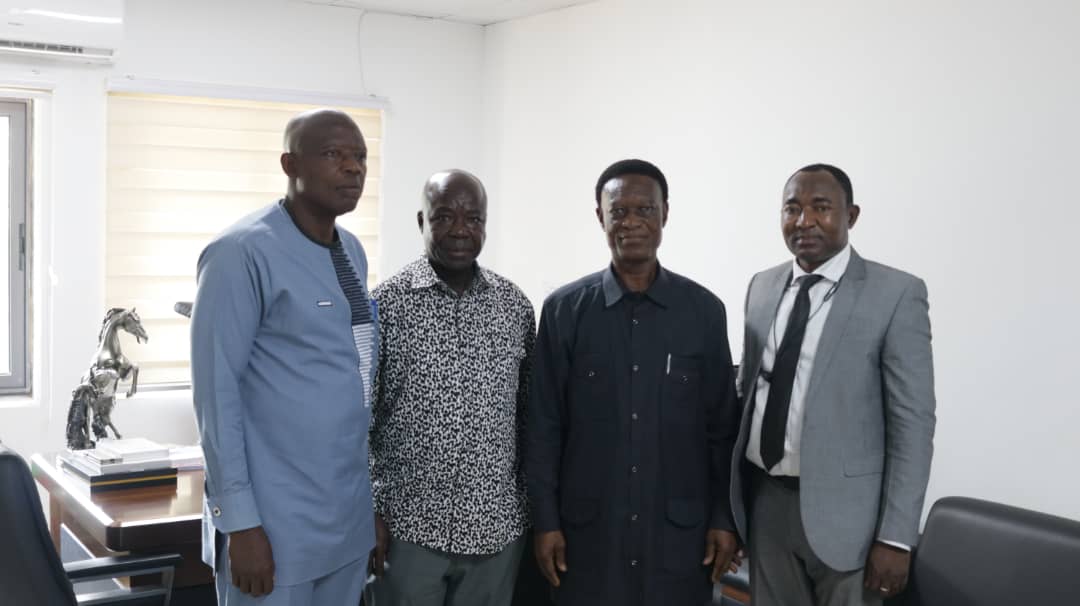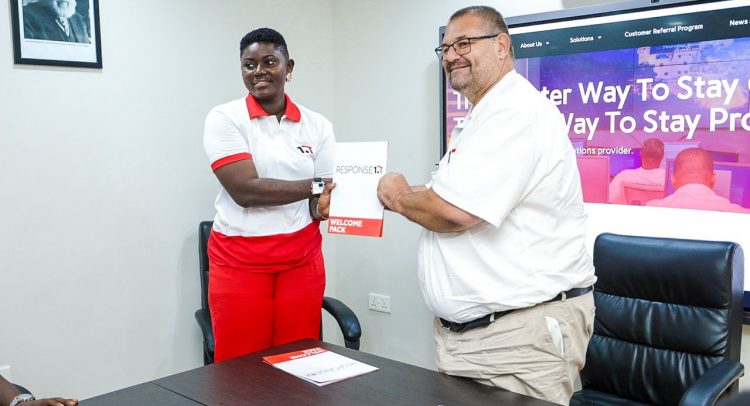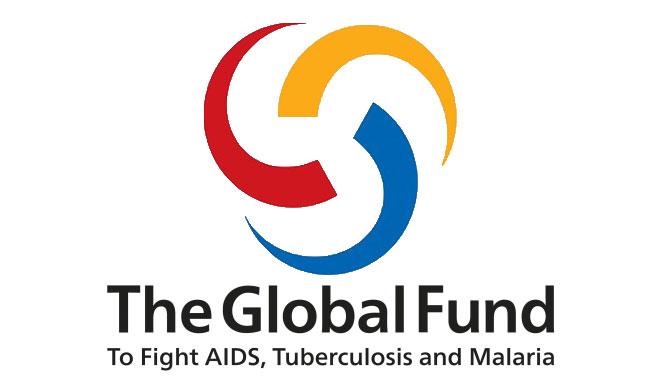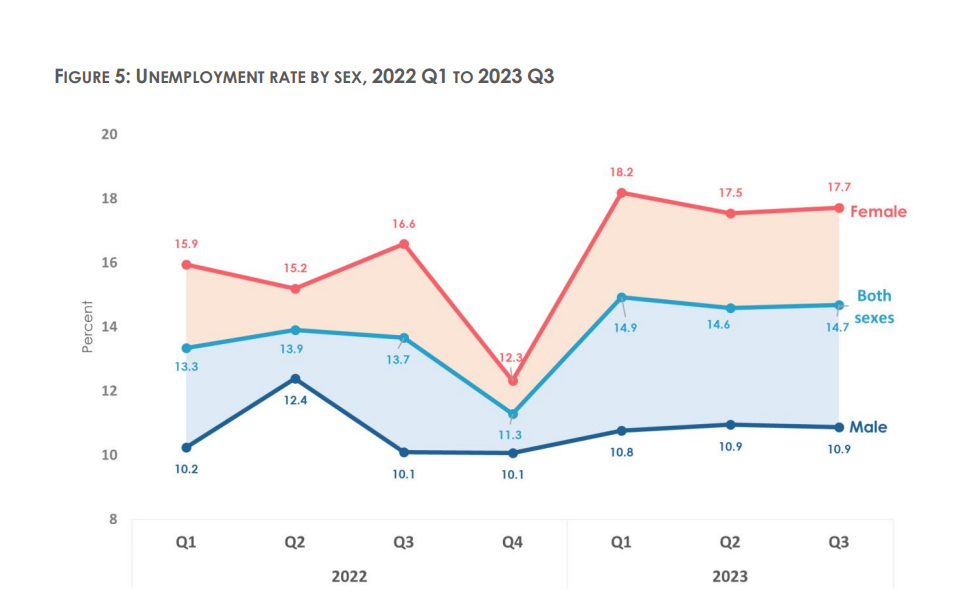
The government is developing strategies to position ICT and telecommunications at the heart of Ghana's Emergency Response Operations to alleviate disasters.
The strategies include the formation of a multi-center base ruled to draw a national telecommunication emergency plan and identification of the various disasters the nation is exposed to, the areas of impact, measuring the potential occurrence and grading them.
The other are the identification of the various ICT tools available to disaster managers and the citizens to inform data gathering, communication among the disaster coordinators and communications between disaster coordinators and the people based on areas of predicted disasters and the development of specific plans of actions with mobile network operators and broadband wireless access operators.
The rest are, assessment of existing ICT tools of the state in disaster management, the creation of early warning systems, identification of disasters risks and potential areas that require some early warning systems to reduce the impact and the creation of national emergency telecommunication centres to coordination all emergency communications including links with the ITU and sister agencies for satellite support.
Prince Ofosu Sefah, a Deputy Director General at the National Communications Authority, disclosed this on Thursday March 28, 2019, at a two-day training workshop on Disaster Response and Humanitarian Crises Management organized by the Ghana Chamber of Telecommunications (GCT) in partnership with the Global System for Mobile Communications, National Communications Authority and the Bureau of National Communications in Accra.
This initiative is part of a wider effort to improve coordination between mobile operators, regulatory authorities, government agencies and the humanitarian community to not just prepare to respond to disasters but leverage mobile technology as well as other critical technological tools to plan, predict, respond effectively or mitigate completely the effect of potential disasters.
Over the last few months, there have been several earth tremor counts, with scientists predicting an imminent earthquake with its associated challenges.
The workshop therefore sought to explore around the world techniques being deployed by countries similar to Ghana and allow Ghana to adopt flexible approaches to policy during emergencies to positively impact response efforts.
Mr. Sefah said the regulations allows mobile networks to be used for emergency communication during periods of emergencies, adding that it was, therefore, important for the operators to understand how to use their services to save lives and properties during and after disasters.
Chief Executive of the Ghana Chamber of Telecommunications, Mr. Kenneth Ashigbey, called for simulations among all stakeholders within the disaster management ecosystem to leverage ICT and telecommunications services to mitigate disasters and humanitarian crises facing our country.
"There's a need to collaborate with our little pockets of excellence and experience to mitigate and respond effectively to disasters and humanitarian crises that may arise," he said.
Key institutions that participated in the workshop were Immigration Service, Police Service, Armed Forces, Fire Service, Meteorological Service, National Security, Bureau of National Investigation, Information Services Department, Ambulance Service, Food and Drugs Authority, Ghana Investment Fund for Electronic Communications, Mobile Network Operators and Tower Infrastructure Companies.
Hits: 97
Read Full Story



























Facebook
Twitter
Pinterest
Instagram
Google+
YouTube
LinkedIn
RSS